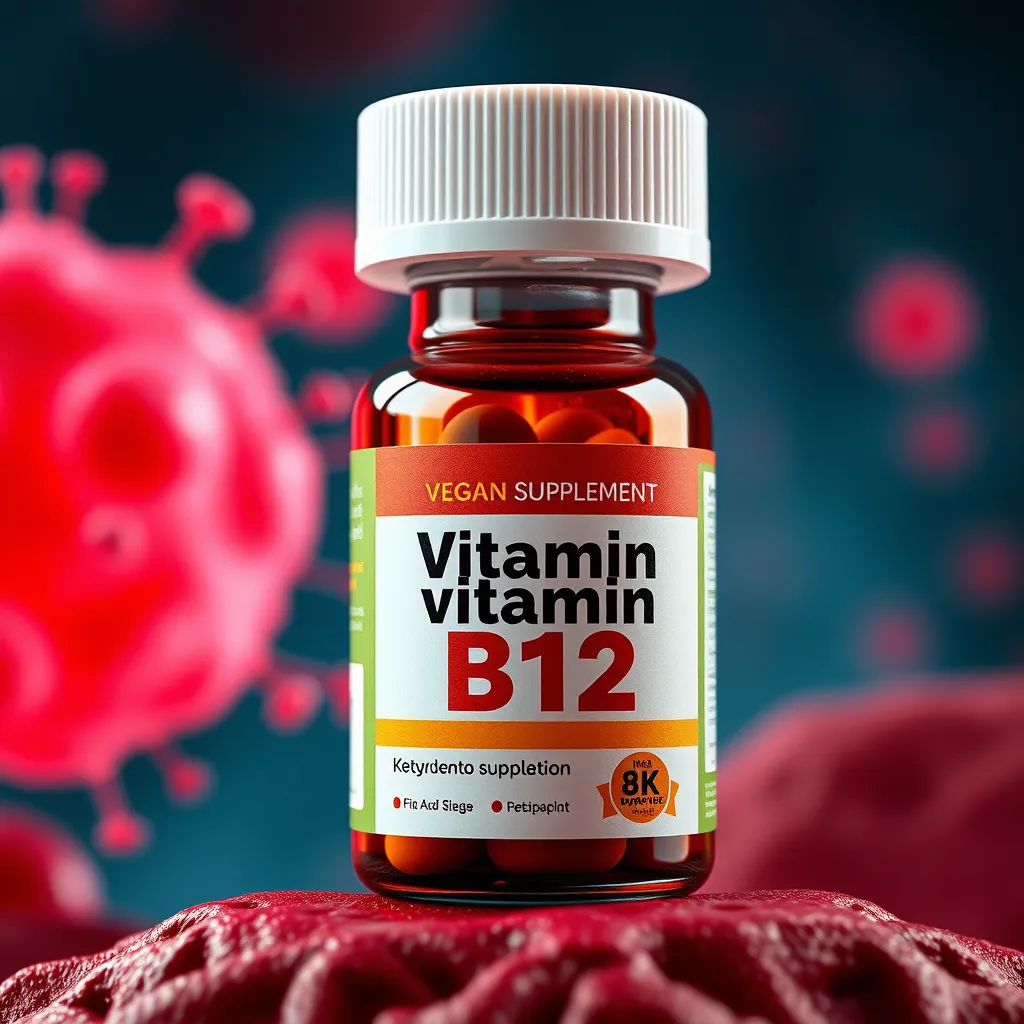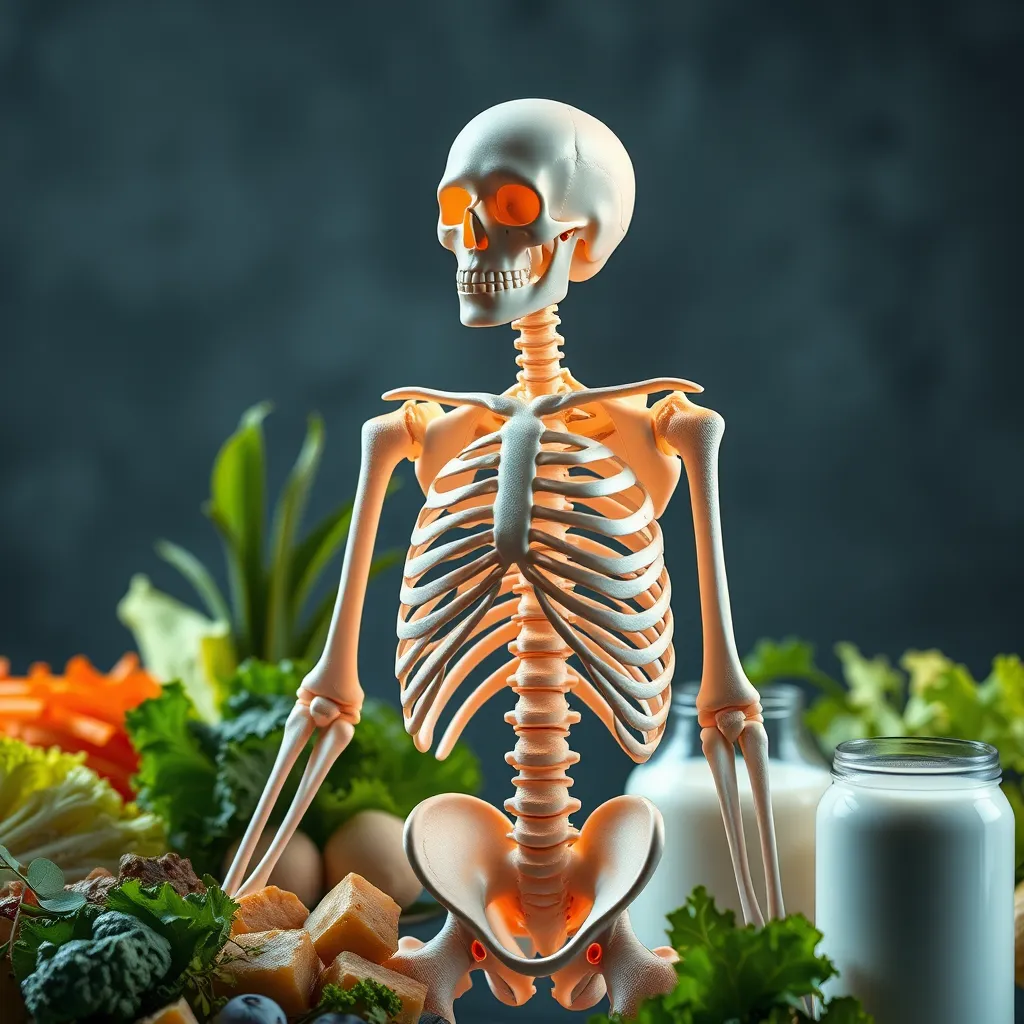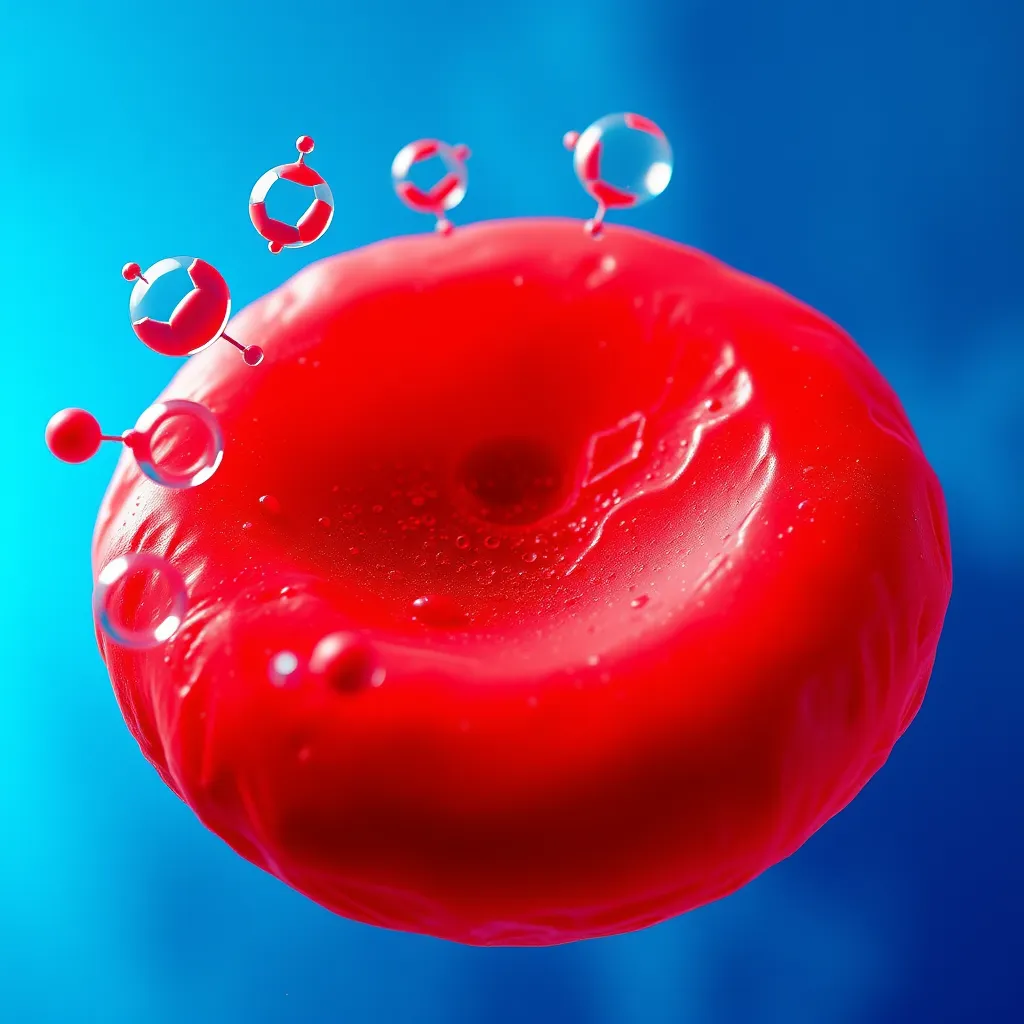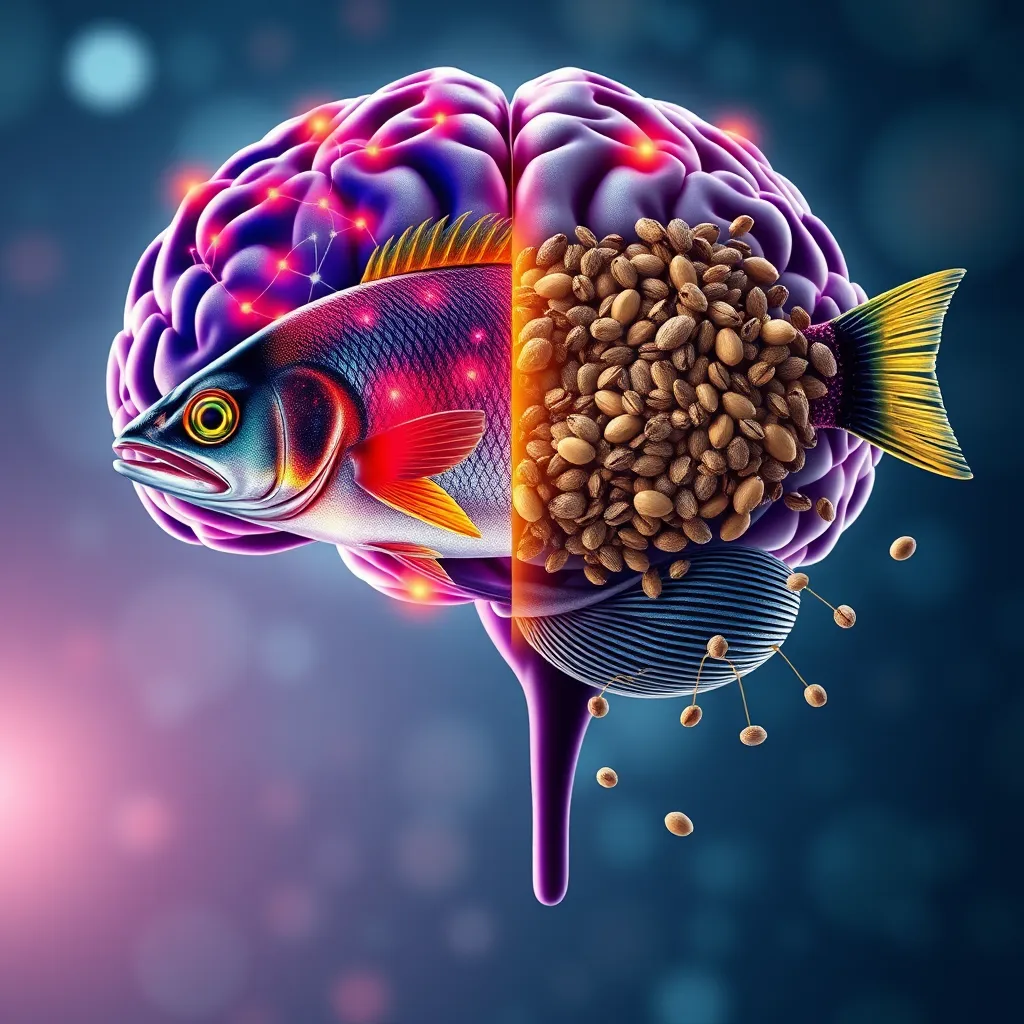Missing Meat? Your Vegan Diet May Be Missing Key Nutrients.
Vegan Diet and Nutrient Deficiencies: The Hidden Health Risks
Vitamin B12 Deficiency: A Common Vegan Concern
Vitamin B12 is crucial for red blood cell production and nerve function, but it's only found in animal products. Vegans must supplement or consume fortified foods to avoid deficiency.


Iron Absorption: A Challenge for Vegans
Plant-based iron is less readily absorbed by the body compared to heme iron from meat. Vegans must consume iron-rich foods with vitamin C to boost absorption.
Calcium Intake: Crucial for Bone Health
Calcium from plant sources like leafy greens might not be as easily absorbed. Vegan diets require careful planning to ensure adequate calcium intake for bone health.

Missing Meat, Missing Nutrients: The Impact of Veganism on Your Body

Vitamin B12 Deficiency: A Common Concern
Vegans are at risk of Vitamin B12 deficiency, which can lead to fatigue, anemia, and nerve damage. This essential nutrient is primarily found in animal products.

Iron Absorption Challenges
Plant-based iron is less readily absorbed by the body compared to heme iron found in meat. Vegans need to consume iron-rich foods with Vitamin C for better absorption.

Omega-3 Fatty Acids: An Essential Gap
Omega-3 fatty acids, crucial for brain health and heart function, are primarily found in fatty fish. Vegans need to rely on plant-based sources like flaxseeds and chia seeds.
Beyond the Plate: Understanding the Long-Term Effects of a Vegan Diet

The Hidden Costs of Nutrient Deficiencies
Vegan diets often lack essential nutrients, leading to potential health issues. These can range from fatigue and anemia to bone weakness and compromised immune function.

The Importance of Informed Planning and Supplementation
Maintaining a healthy vegan lifestyle requires careful planning and supplementation to ensure adequate intake of essential nutrients. This includes incorporating a variety of plant-based sources and considering appropriate supplements.

Long-Term Health Impacts: A Balancing Act
While a well-planned vegan diet can provide numerous health benefits, neglecting essential nutrients can have long-term repercussions. Understanding these potential risks and taking proactive steps is crucial for ensuring long-term health.
Carnivore Found Me: Helping Vegans Thrive
I was struggling with fatigue and low energy despite eating a strict vegan diet. Carnivore Found Me helped me identify the nutrient deficiencies I was experiencing and provided a clear plan to address them. I feel so much better now!
I'm a vegan athlete and I was concerned about getting enough protein and essential nutrients. Carnivore Found Me provided me with the information and resources I needed to optimize my vegan diet for performance. My energy levels have skyrocketed!
I've been vegan for years, but I was always worried about potential deficiencies. Carnivore Found Me gave me peace of mind by providing comprehensive guidance on nutrient-dense vegan foods and supplements. I'm confident in my vegan journey now.
Carnivore Found Me
© Copyright 2024 Carnivore Found Me

